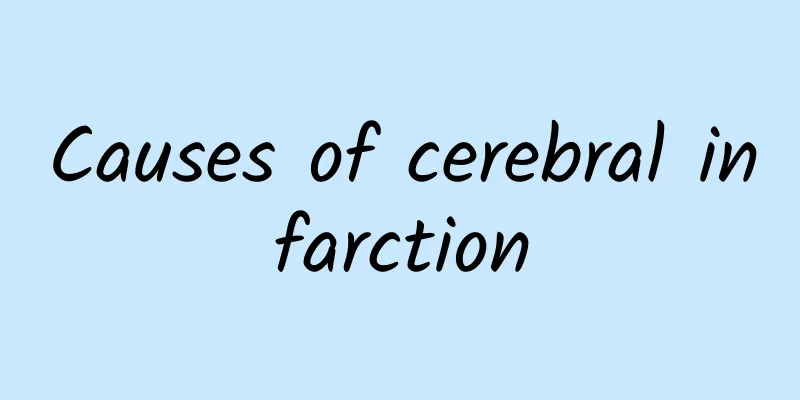Some foods and medicines may conflict when taken together

|
Some foods will conflict with certain drugs, some foods will affect the absorption of drugs, some foods will destroy the structure of drugs, and some will increase the toxicity and adverse reactions of drugs. 1. Aspirin cannot be taken with alcohol. Aspirin can hinder the oxidation of acetaldehyde into acetic acid, causing accumulation of acetaldehyde in the body, leading to violent pulsation of blood vessels in the head and neck or pulsating headache, dizziness, nausea, vomiting, sweating, dry mouth, chest pain, myocardial infarction, acute heart failure, difficulty breathing, acute liver damage, convulsions, and in severe cases, death. 2. Antibiotics cannot be taken with milk or juice. In addition to being inappropriate to be taken with alcohol, antibiotics also should not be taken with milk or fruit juice. Do not drink milk or juice two hours before or after taking antibiotics, because milk will reduce the activity of antibiotics and make it impossible to fully exert its effect; and the fruit acid rich in fruit juice (especially fresh juice) will accelerate the dissolution of antibiotics, which will not only reduce the efficacy but may also increase toxic side effects. 3. Berberine cannot be taken with tea Tea contains about 10% tannin, which is easily broken down into tannic acid in the body. Tannic acid will precipitate the alkali in berberine and reduce its efficacy. Therefore, you should not drink tea within two hours before or after taking berberine. 4. Ibuprofen should not be taken with coffee or cola. Ibuprofen (Fenbid) is irritating to the gastric mucosa, while the caffeine in coffee and cocaine in cola will stimulate the secretion of gastric acid, aggravating the side effects of ibuprofen on the gastric mucosa, and even inducing gastric bleeding and gastric perforation. 5. Calcium tablets cannot be taken at the same time as spinach. Spinach contains a large amount of potassium oxalate. After entering the body, the electrolyzed oxalate ions will precipitate calcium ions, hindering the body's absorption of calcium and easily forming calcium oxalate stones. Do not eat spinach within two hours before or after taking calcium tablets, or cook the spinach before eating. 6. Antidiarrheal drugs cannot be taken with milk. You should not drink milk while taking antidiarrhea drugs, because milk not only reduces the efficacy of antidiarrhea drugs, but the lactose it contains can also easily aggravate diarrhea. 7. Vitamin C cannot be eaten at the same time as shrimp. You should not eat shrimp within two hours before or after taking vitamin C, because the copper in shrimp will oxidize vitamin C and make it lose its efficacy. The pentavalent arsenic in shrimp easily reacts with vitamin C to produce toxic "trivalent arsenic". 8. Antihypertensive drugs cannot be taken with grapefruit juice. You should not drink grapefruit juice while taking antihypertensive drugs, because the naringenin in grapefruit juice will affect the function of a certain enzyme in the liver. This enzyme is related to the metabolism of antihypertensive drugs, which can easily cause excessive drug concentration in the blood and increase side effects. |
<<: What causes fat particles on the neck?
>>: Tragedy caused by an effervescent tablet
Recommend
The fastest way to relieve a sore throat
Sore throat affects people's lives, especiall...
Atherosclerotic plaque
Good health is a very important thing, but with t...
Caesarean scar constitution second child
Caesarean section is a surgery that can cause gre...
Is cupping useful for cervical spondylosis? It is effective in relieving discomfort.
Many people now suffer from cervical spondylosis,...
What ointment should I use for frozen shoulder?
Periarthritis of the shoulder is a very common di...
Nursing methods for sequelae of facial paralysis, how to prevent the harm of sequelae of facial paralysis to patients?
I believe everyone knows that the onset of facial...
What are the side effects of Qilin Pills?
Qilin Pills are a common Chinese patent medicine ...
What can I eat to cure hoarse throat quickly? Causes of hoarseness
There are many reasons for hoarseness of the thro...
Is regular acupuncture harmful to the body?
Acupuncture is a common physical therapy method i...
What does it feel like to feel heartache?
People often say that they feel heartbroken becau...
TCM treatment of active bladder syndrome
Overactive bladder is a disease with frequent uri...
What are the treatments for dry eyes?
Our eyes are our only way to see the outside worl...
What causes bleeding in moles?
It is very common to have black moles on the skin...
Dengue mosquito bite symptoms
Dengue fever is an infectious disease mainly caus...
Homemade recipes for corn kernels: corn tastes better this way
Corn is a nutritious grain that is rich in dietar...









